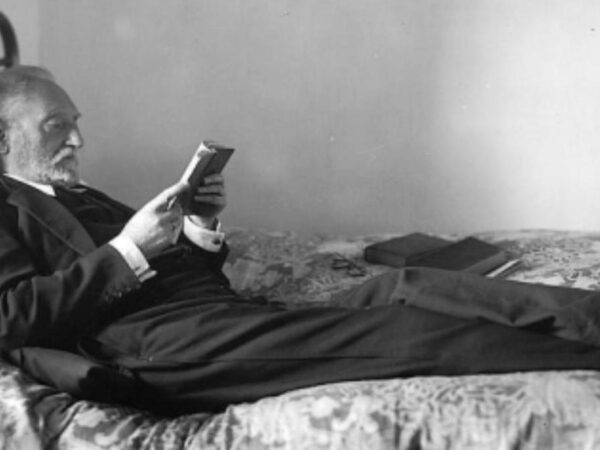Is listening to audiobooks considered reading?

Contents
The debate surrounding whether listening to audiobooks can be considered as reading has sparked considerable discussion among book enthusiasts. In this article, we will explore different perspectives on this topic and provide insight into the question at hand.
Expanding the Definition of Reading
Traditionally, reading has been associated with the act of visually scanning written words on a page and comprehending their meaning. However, in the modern digital age, the definition of reading is evolving. Many argue that reading encompasses the absorption of information through various mediums, including audiobooks.
Understanding the Cognitive Process
When we read a physical book, our eyes scan the text, and our brain processes the words, constructs mental images, and comprehends the narrative. Similarly, when listening to an audiobook, our brain engages in the same cognitive processes. We follow the storyline, imagine the scenes, and understand the content being conveyed.
The Role of Imagination and Comprehension
One aspect often associated with reading is the development of imagination. Reading stimulates our ability to create vivid mental images based on the words on the page. Audiobooks, too, foster imagination as the narrators’ expressive voices and tone bring the story to life, allowing listeners to visualize the characters and settings.
Comprehension, another essential component of reading, can also be achieved through audiobooks. Skillful narrators employ intonation, emphasis, and pacing to convey the intended meaning and emotions of the text, helping listeners understand the storyline and underlying themes.
Benefits of Audiobooks
Audiobooks offer numerous advantages, making them a valuable alternative to traditional reading:
- Accessibility: Audiobooks provide access to literature for individuals with visual impairments or reading difficulties, promoting inclusivity and equal opportunities for everyone to enjoy books.
- Multitasking: Unlike reading a physical book, audiobooks allow people to engage in other activities simultaneously, such as exercising, commuting, or doing household chores.
- Enhanced Listening Skills: Listening to audiobooks improves listening comprehension, focus, and concentration, honing valuable skills in today’s fast-paced world.
- Immersive Experience: Well-produced audiobooks with talented narrators add depth and emotion to the story, enhancing the overall listening experience.
The Reading Experience: Audiobooks vs. Printed Books
While audiobooks offer unique advantages, some argue that they differ from the traditional reading experience provided by printed books. Holding a physical book, turning the pages, and visually processing the text can create a tactile and personal connection with the story.
Additionally, reading a printed book allows readers to set their own pace, re-read passages, and annotate the text, contributing to a more interactive and introspective experience.
A Personal Choice
Ultimately, whether listening to audiobooks is considered reading depends on individual preferences and goals. Both mediums provide access to literature, storytelling, and knowledge, albeit through different sensory channels. It’s essential to embrace the diverse ways people engage with books and acknowledge that the enjoyment and benefits derived from reading can be experienced in various forms.
Conclusion
In conclusion, the question of whether listening to audiobooks is considered reading does not have a definitive answer. While some purists may argue that reading necessitates visual engagement with printed words, others embrace the expanded definition of reading to include the absorption of content through listening.
The decision to engage with audiobooks or stick to printed books ultimately rests with the reader, who should choose the medium that best suits their needs, preferences, and circumstances. After all, the joy of reading lies in the exploration of stories, ideas, and knowledge, regardless of the form in which they are consumed. choose the medium that best suits their needs, preferences, and circumstances. After all, the joy of reading lies in the exploration of stories, ideas, and knowledge, regardless of the form in which they are consumed.


You may also like
The persistence of memory Salvador Dali
TRACES OF AN IMPERFECT WORLD -read it for free-
Recent Comments
Audiolibro: Por si las voces vuelven. gratis
Categories
Recent Posts
Club bilderberg 2022. ¿Cuáles son sus planes para España?
Audiolibro de Angel Martin: Por si las voces vuelven. gratis
Selection [AUDIBLE]
Recent Posts
Categories
The persistence of memory Salvador Dali
TRACES OF AN IMPERFECT WORLD -read it for free-
Recent Comments
Audiolibro: Por si las voces vuelven. gratis
Categories
Recent Posts
Club bilderberg 2022. ¿Cuáles son sus planes para España?










